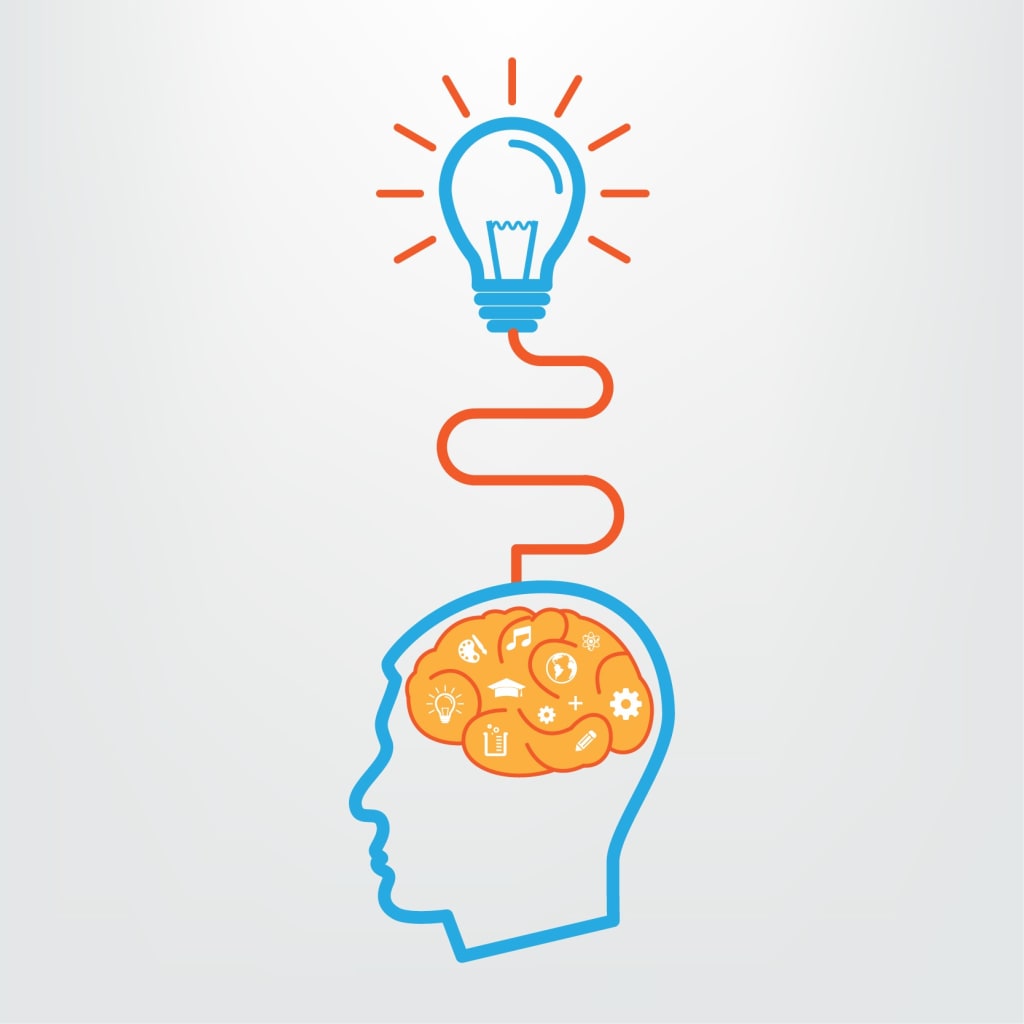Understanding the Difference Between IQ and Emotional Intelligence
IQ & Emotional Intelligence

What is IQ?
IQ, or Intelligence Quotient, has long been used as a measure of cognitive abilities. It primarily assesses a person's logical reasoning, problem-solving skills, mathematical abilities, and linguistic capabilities. The traditional view of intelligence often revolves around this numerical measurement, indicating one's intellectual capacity within a particular range.
What is Emotional Intelligence (EI)?
Emotional Intelligence, on the other hand, focuses on understanding and managing emotions. It encompasses the ability to recognize and comprehend one's emotions, as well as the emotions of others. EI involves adeptly handling social complexities, empathizing with others, and navigating social situations effectively. It comprises self-awareness, self-regulation, social skills, empathy, and motivation.
How Do IQ and Emotional Intelligence Differ?
Nature of Measurement:
IQ is primarily measured through standardized tests that assess cognitive abilities and logical reasoning, providing a numerical score.
Emotional Intelligence involves a more nuanced evaluation, focusing on emotional awareness and interpersonal skills, which are assessed through various methods including self-assessment, peer feedback, and observational analysis.
Components:
IQ mainly assesses cognitive abilities such as memory, analytical thinking, and problem-solving skills.
Emotional Intelligence encompasses self-awareness, self-regulation, empathy, social skills, and motivation, emphasizing emotional understanding and management.
Predictive Abilities:
IQ tends to predict academic and career success to some extent, particularly in fields that require logical reasoning and analytical skills.
Emotional Intelligence is often linked to success in interpersonal relationships, leadership roles, and overall well-being.
Which is More Important: IQ or Emotional Intelligence?
Both IQ and Emotional Intelligence contribute significantly to a person's overall success and well-being. While IQ may be crucial in certain academic and analytical domains, Emotional Intelligence plays a vital role in social interactions, leadership, and emotional well-being. The balance between the two often determines one's effectiveness in various aspects of life.
Can IQ and Emotional Intelligence be Improved?
IQ can be enhanced to some extent through educational and cognitive training, although there are limitations to its improvement beyond a certain point.
Emotional Intelligence, however, is highly malleable and can be developed through self-reflection, empathy training, social interactions, and mindfulness practices. Continuous efforts in enhancing EI lead to significant improvements in personal and professional realms.
IQ (Intelligence Quotient) and Emotional Intelligence (EQ) represent distinct facets of cognitive abilities. IQ typically measures logical reasoning, problem-solving skills, mathematical capabilities, and linguistic prowess. It's often assessed through standardized tests and is considered a marker of an individual's intellectual capacity.
In contrast, Emotional Intelligence delves into a person's capacity to perceive, understand, manage, and utilize emotions effectively. It encompasses empathy, social skills, self-awareness, self-regulation, and relationship management. While IQ focuses on cognitive abilities, EQ involves interpersonal and intrapersonal skills crucial for navigating social interactions and managing emotions.
One significant difference lies in their domains: IQ revolves around analytical and cognitive skills, whereas EQ centers on emotional awareness and social aptitude. While a high IQ may indicate adeptness in problem-solving or academic success, EQ is vital for success in interpersonal relationships, leadership, and emotional well-being.
Another distinction lies in their development: IQ is believed to have a more stable nature, largely determined by genetics and early childhood environment. However, EQ can be developed and enhanced throughout life with learning, self-reflection, and practice. Strategies like mindfulness, empathy training, and conflict resolution workshops can boost EQ significantly.
Moreover, both have their unique contributions to an individual's success. While a high IQ might secure a prestigious job, EQ is essential for effective teamwork, leadership, and adaptability in dynamic work environments. Research suggests that individuals with higher EQ tend to have better mental health, stronger relationships, and improved job performance.
A harmonious balance between IQ and EQ often leads to holistic personal development. It's crucial to acknowledge that while IQ may open doors, EQ helps in navigating the complex social landscapes of life. The ideal scenario involves leveraging both types of intelligence to thrive in various facets of life, combining intellectual prowess with emotional understanding and interpersonal skills for a well-rounded approach to success and fulfillment.
Conclusion
In summary, IQ and Emotional Intelligence represent distinct facets of human abilities. While IQ measures cognitive capabilities, Emotional Intelligence focuses on understanding and managing emotions. Both are valuable and contribute uniquely to personal and professional success. Recognizing the differences between them allows for a more holistic approach to personal development and societal progress.
About the Creator
IQ Metrics
IQMetrics.org is a comprehensive platform offering insightful resources on IQ testing, assessments, and understanding intelligence metrics.
http://iqmetrics.org






Comments (1)
I appreciate its well-crafted and informative nature.